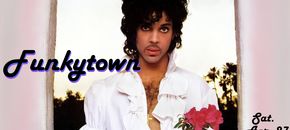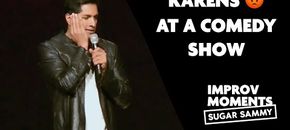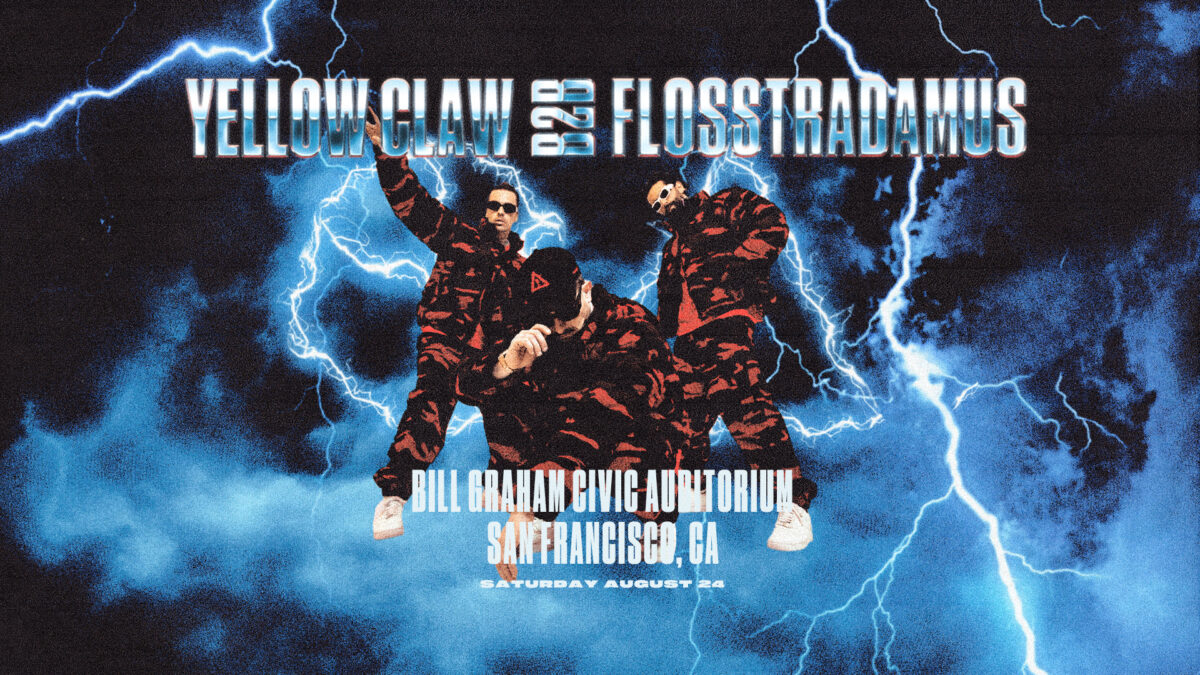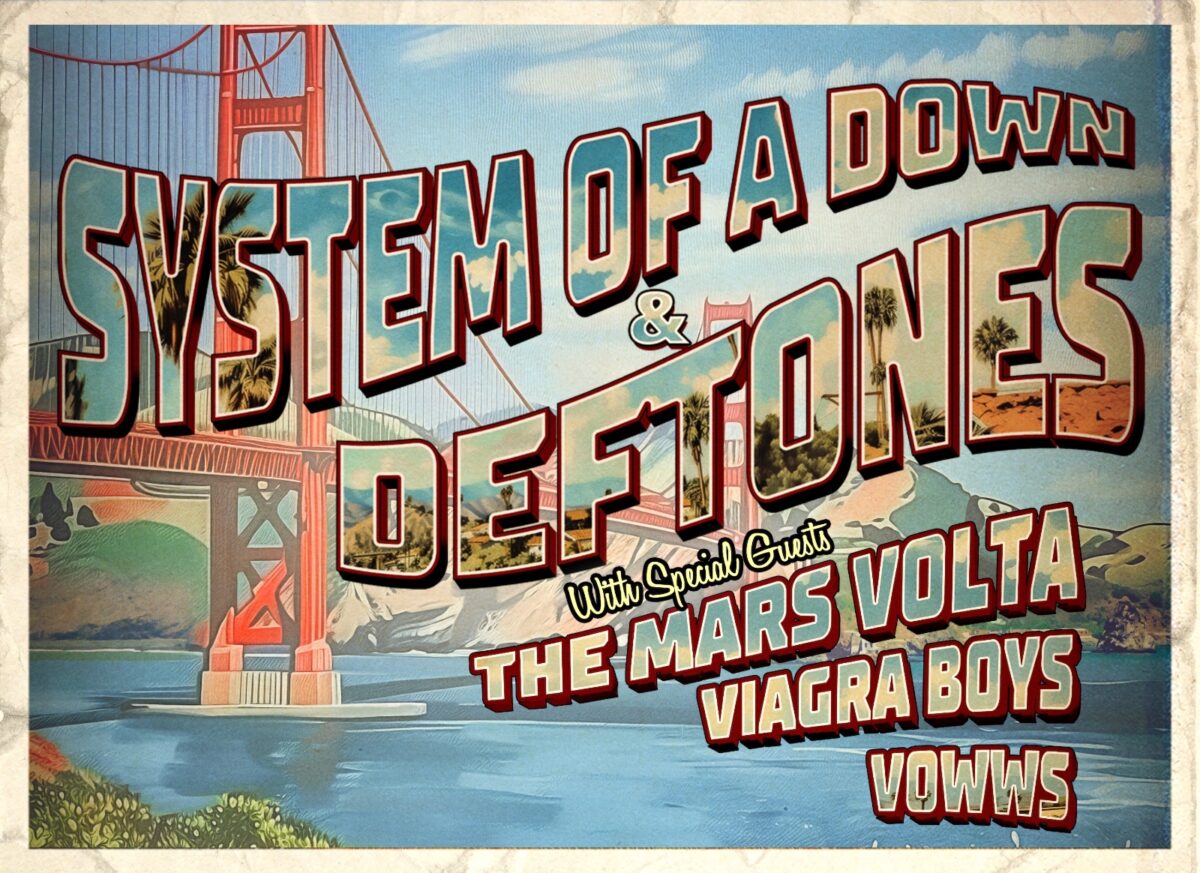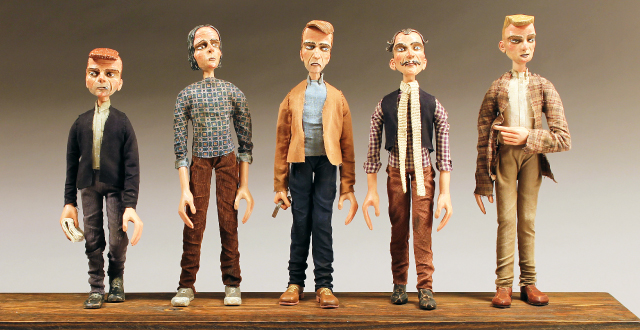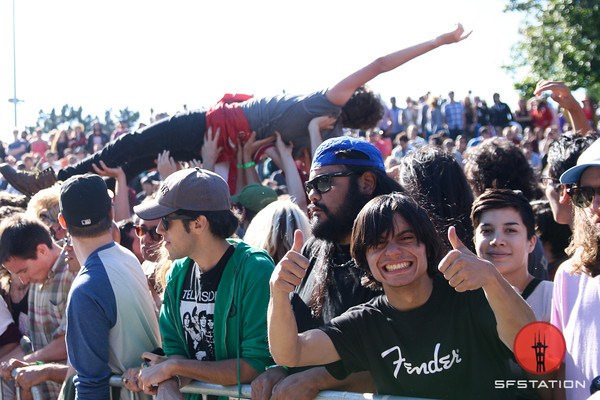Movie Review: ‘Fruitvale Station’ Tracks Oscar Grants’ Final Hours
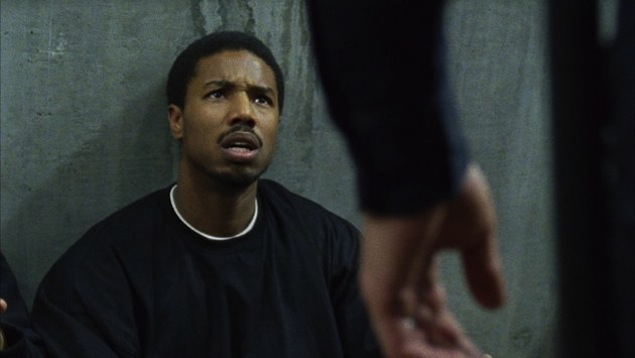
For Bay Area audiences, Ryan Coogler’s debut feature is sure to hit close to home. Fruitvale Station chronicles the final 24 hours of Oscar Grant’s life before being shot by a BART Police Officer on New Year’s Day 2009 and it’s a heartbreaking, if somewhat triumphant tale. Even when it falls prey to melodrama and offers up Grant as too much of a thug-with-a-heart-of-gold, Coogler is always able to reign it back in and craft a film that’s as much about who Grant could have been as it is about the incident itself.
It helps that Coogler is an Oakland native and captures his hometown like he was filming a documentary. For those outside the Bay Area that may not be important, but it’s an important—if not the most important—aspect of the film as it captures the environment that Grant was living in, not to mention the ubiquitous roar of BART trains in the background which act as an eerie foreshadowing of what’s to come. His documentary-style filming creates a gritty realism that’s only fully realized with the talent on screen. Michael B. Jordan (Chronicle, The Wire) portrays Grant as a 22-year-old full of contradictions. He lives his final day running from his past as a convict, hoping to make a change yet unable to escape himself.
Even at such a young age he already has a family to support, girlfriend Sophina (Melonie Diaz) and their daughter Tatiana (Ariana Neal), and he wants to do right by them but he just can’t seem to pick himself up. A short flashback to 2008 shows him getting a visit from his mother Wanda (Octavia Spencer) at San Quentin Prison and illustrates just how young and angry he is as he simultaneously attempts to dismiss the impact his incarceration has on his daughter while subsequently getting into a shouting match with a fellow prisoner. The scene is a microcosm of Grant’s life on his final day.
At times Coogler warps the scale and portrays Grant as a little too lost inside a persona and life he can’t escape but even as Grant waits by the Bay to sell a bag of pot—his only source of income at the moment—he dumps it into the water and Jordan is able to bring the film back to reality as he looks both relieved and terrified about his decision.
Of course, there’s also the scene that everyone will be waiting for—the shooting. It’s a moment that’s felt throughout the entire film and Coogler expertly builds it up as Grant, Sophina and their friends catch BART into San Francisco to celebrate New Year’s. As they ride home Grant is dragged into a fight with a former prison rival and it’s the beginning of the end. The police arrive and do nothing to quell the panic, if anything they heighten it.
Coogler not only portrays the incident as a tragedy for Grant as an individual but shows that it’s another sad tale of racial profiling. It’s only Grant and his friends that are detained. A quick shot reveals the instigator (not black) hiding on the train as Grant is pulled off. Coogler lets the scene plays out as it did in real life—bystanders filming on phones and gasping as the situation spirals out of control—understanding that the reality is already dreadful enough.
For a first time film, it’s astounding. While Coogler’s attempts to represent Grant as a man at a crossroads are sometimes undercut by his want of redemption overshadowing his inner darkness, he succeeds at crafting a powerfully affecting film.
Rating: 4 out of 5

